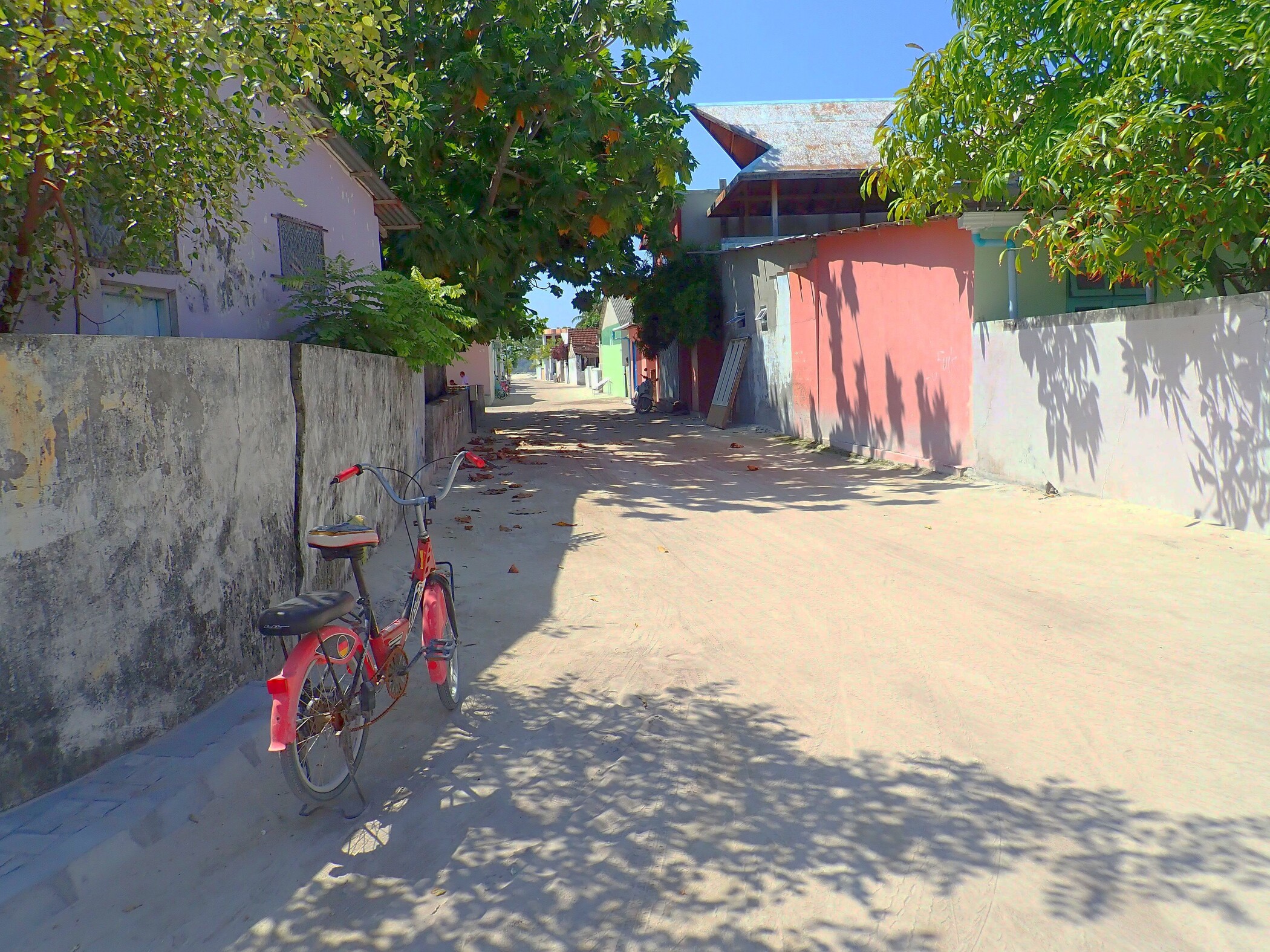Genetische Verantwortung & Remoteness

The aim of this project is to investigate the configuration of health equity in remote islands of the Maldives by focusing on inherited anemia. Within the last decade, the prognosis for thalassaemia patients in the Maldives has begun to change from a fatal pediatric diagnosis into a care-intensive chronic condition. The risk of giving birth to a child homozygous for thalassaemia has become somewhat predictable and avoidable. In short, genetic destiny has become linked to genetic responsibility.
Genetic responsibility (Novas & Rose 2000) in treatment and prevention, however, still is unevenly observed across the archipelago. Despite hosting one third of the population, the capital island Male’ shows a far lower proportion of new thalassaemia major births. Urban patients are more adherent to their treatment schedule and thus are generally in better health. Beyond the capital, two thirds of the local population live in scattered, small island communities in what patients and clients often experience as a more or less remote health periphery. Remoteness, however, is never just a plain geographical fact (Ardener 2012). This project scrutinizes remoteness with regard to genetic responsibility as a relational outcome of geography, genes and human agency.
By 2019 the investigation had developed into a comparative endeavor. The project compares high- prevalence regions in Asia with central Europe where the hemoglobinopathies thalassaemia and sickle cell disease rank as rare diseases and are on the rise, being linked to intensified migration from endemic regions. The project examines how genetic responsibility and remoteness are interrelated in different locales, how this tension is spatially, institutionally and socially anchored, and how different actors aim in theoretical and practical terms at improving the respective situation of (island or migration-related) therapeutic remoteness.
Projektleitung:
Eva-Maria Knoll
Projektlaufzeit:
01.01.2018-31.12.2024
Finanzierung:
Philipp Politzer Endowment, ÖAW